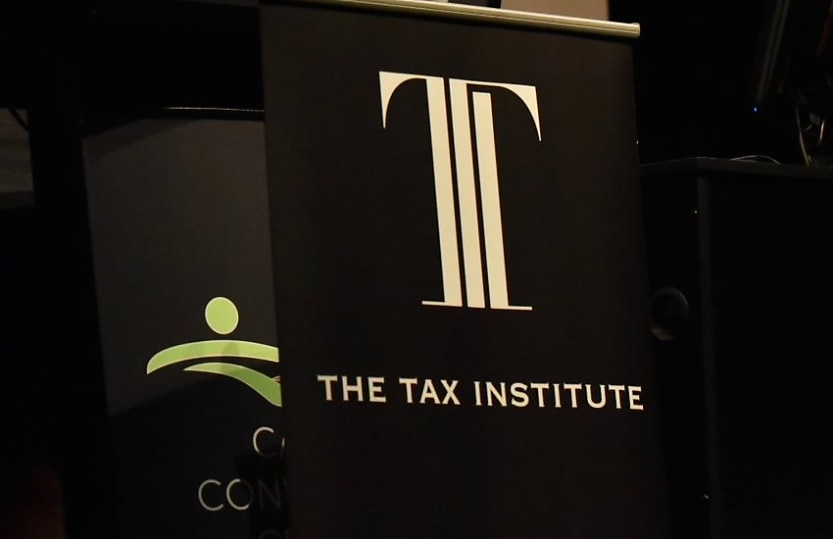Tax Institute calls for ‘high compliance’ taxes to be abolished

The government should consider overhauling taxes that raise limited revenue and impose high compliance costs such as FBT, says the Tax Institute.
Ahead of the federal budget in May, the Tax Institute has warned the government that Australia’s complex tax and superannuation landscape is imposing a costly compliance burden on taxpayers and draining limited resources that could otherwise be spent on growing businesses.
The Tax Institute has recommended abolishing and replacing taxes such as the fringe benefits tax (FBT) and the luxury car tax.
“Some of these taxes, like the FBT, could be replaced with more streamlined and efficient regimes that better balance the compliance burden with the revenue raised,” it said in its recent pre-budget submission.
The submission noted that FBT accounts for less than 1 per cent of Australia’s net cash collections but imposes a “disproportionately high compliance cost on businesses due to complexities in the archaic regime”.
“The FBT tax gap is consistently one of the highest tax gaps, highlighting the inefficiency and complexity of the regime,” the submission said.
The Tax Institute said that the existing FBT regime should be replaced with a principled approach in line with one of the recommendations for the Henry Review.
“This would assist with consistent interpretation of the laws in alignment with sound policy objectives, and reduce red tape for employers in complying with their obligations,” it said.
Increasing and broadening GST base
The association has also called for comprehensive tax reform to rebalance Australia’s tax mix and support Australia’s economic growth.
“Australia’s primary source of tax revenue is personal income taxes. Its reliance on this source of revenue is notably higher than other countries forming part of the OECD,” the submission said.
“To increase productivity and workforce participation, The Tax Institute is of the view that Australia should reduce its reliance on income tax and increase its use of more efficient broad-based taxes, such as goods and services tax (GST) and land taxes.”
The submission said the government should consider increasing the GST rate to align with other OECD countries and broadening the GST base to raise the revenue needed to support Australia’s future needs through a simpler and more efficient system.
“We acknowledge that low and middle-income earners may be disproportionately impacted by such reforms,” the submission said.
“These taxpayers should be supported with lower income tax rates that reflect the extent of the disproportionate impact and more effective use of the transfer system.”
It also recommended introducing a single, lower rate corporate tax rate, no higher than 25 per cent, that would apply to all companies irrespective of their aggregated turnover or proportion of passive income.
“This will help to make Australia a more attractive location for investment and support healthy competition in the Asia-Pacific region,” it said.
About the author

